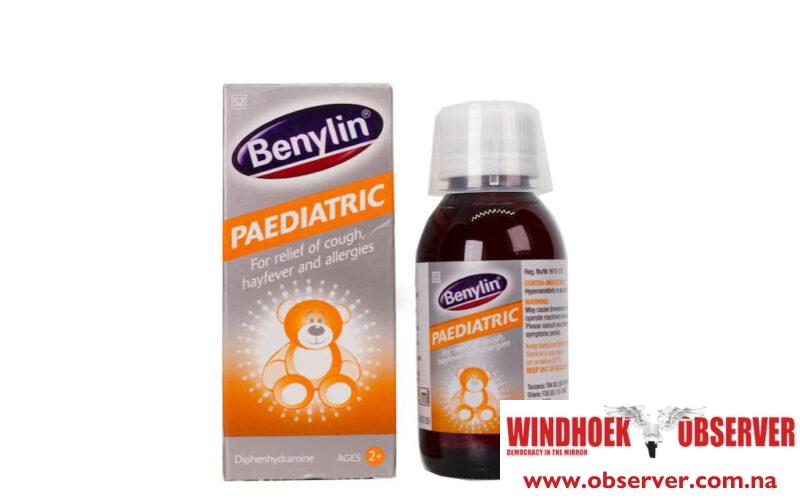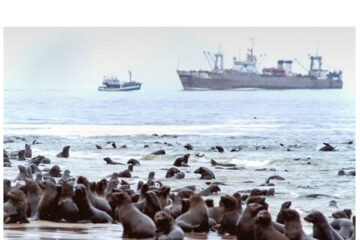Niël Terblanché
Namibia remains unaffected by recent developments in health and safety that have prompted several African countries to recall a paediatric cough syrup due to serious health risks.
Last week, Ben Nangombe, the executive director of the Ministry of Health and Social Services in Namibia confirmed that the batches of Benylin paediatric syrup linked to toxicity concerns are neither distributed nor registered in Namibia, ensuring public safety.
The recalled batches numbered 329303 and 329304, were found to contain diethylene glycol, a toxic substance linked to acute kidney injury and multiple fatalities.
The products were withdrawn from South Africa, Eswatini, Rwanda, Kenya, Tanzania, and Nigeria as a precautionary measure to protect public health.
“Despite these concerning international reports, Namibia’s stringent health product regulation and the absence of the affected batches on the Namibian market have prevented any need for similar recalls within the country,” he said.
Nangombe gave the assurance that all Benylin products currently available in Namibia have passed essential safety standards and are safe for use.
“The health ministry has systems in place for prompt action should any future risks be identified concerning pharmaceutical products,” he added.
According to Nangombe, the global concern over these paediatric medicines stresses the importance of rigorous health safety protocols and international cooperation in monitoring and ensuring the safety of pharmaceutical products.
He added that the large-scale recall of certain medicines has put the spotlight on the need for stringent quality control measures in the manufacturing and distribution of health products across borders.
Media reports about the urgent withdrawal of paediatric medicine by affected countries state they are taking robust actions to mitigate this public health risk, working closely with Johnson & Johnson, the manufacturer, and Kenvue, the current owner of the Benylin brand, to conduct further tests and prevent injury or death.
Nangombe stressed that the situation highlights the important role of national drug authorities and international health agencies in safeguarding public health through vigilance and prompt response to potential health hazards.




